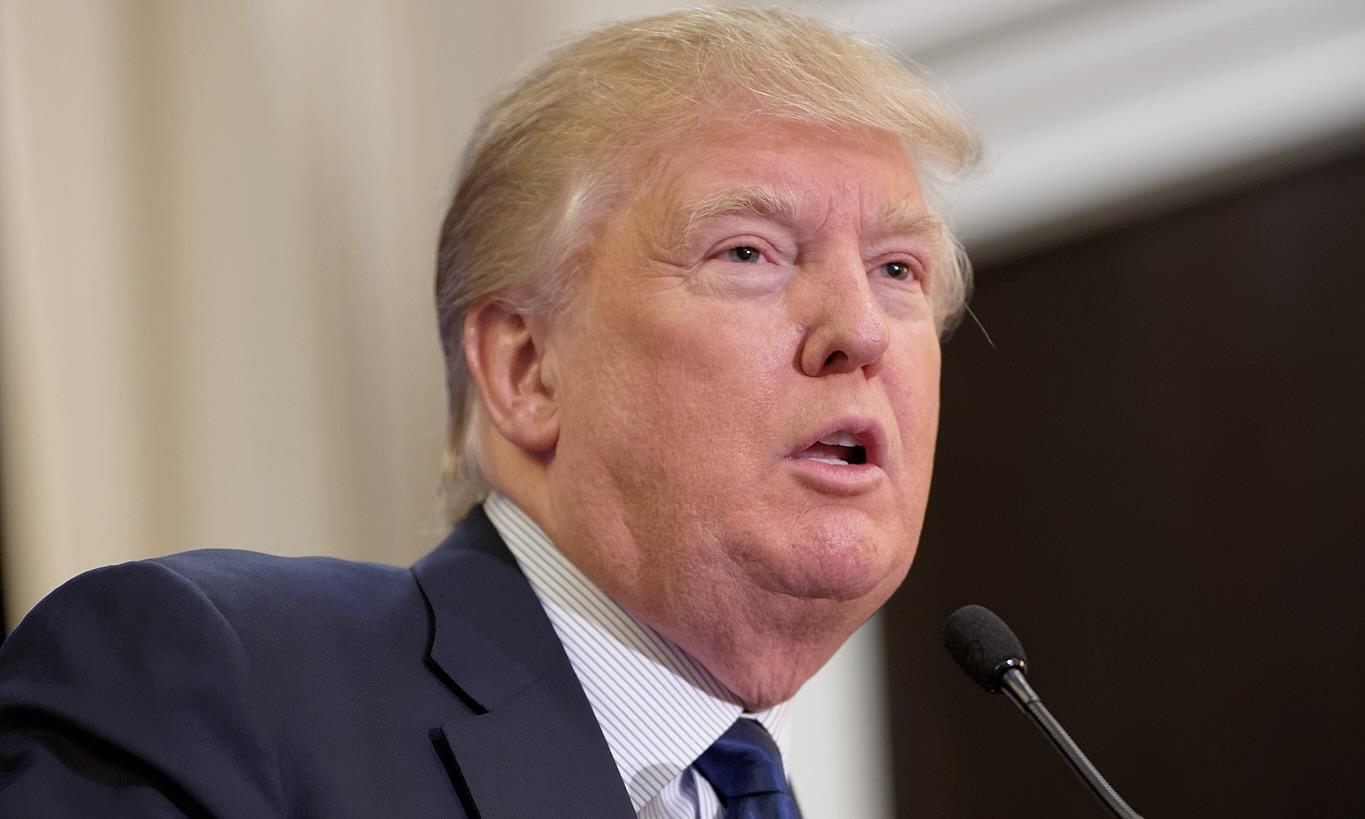President-elect Donald Trump has unveiled plans for sweeping cryptocurrency regulations in 2025, raising concerns among crypto enthusiasts, financial institutions, and industry leaders. Trump, who previously criticized Bitcoin and other digital currencies, is doubling down on his stance by proposing stricter oversight to address fraud, national security risks, and financial stability.
While his administration argues these measures will protect American investors and curb illegal activities, critics claim they could stifle innovation and discourage crypto adoption in the U.S., potentially pushing companies offshore.
Regulatory Plans for Cryptocurrency Markets
Under Trump’s proposed framework, the administration seeks to impose stricter Know Your Customer (KYC) and Anti-Money Laundering (AML) regulations on cryptocurrency exchanges. The plan also includes requiring federal registration for digital wallet providers and heightened scrutiny of decentralized finance (DeFi) platforms.
The president-elect has also hinted at introducing capital gains taxes specifically targeting cryptocurrency holdings, a move that has sparked alarm within the investor community. Trump’s team claims the proposed taxes are aimed at creating fairness in financial markets, arguing that cryptocurrency profits have evaded adequate taxation for too long.
Additionally, Trump’s administration is reportedly considering a digital dollar initiative, which would create a government-controlled central bank digital currency (CBDC). This project, however, has drawn criticism for its potential to undermine private cryptocurrencies, raising questions about privacy and state control.
Industry Leaders and Public Reactions
While some analysts support Trump’s proposals as a way to legitimize the cryptocurrency market, many industry leaders have voiced strong opposition. They argue that excessive regulation could drive innovation to countries with more lenient policies, diminishing the United States' role as a global technology leader.
Crypto advocacy groups, such as the Blockchain Association, have called Trump’s approach “short-sighted,” warning that it could stifle a sector poised to revolutionize global finance.
Social media reactions have highlighted the divided opinions among the public:
- @CryptoKing2025: “Trump is clueless about crypto! This crackdown will send Bitcoin to zero!”
- @USInvestor2025: “Finally, someone protecting investors from scams and fraud. Regulation is necessary for crypto to succeed long-term.”
- @BlockChainBabe: “If the U.S. imposes capital gains taxes on crypto, expect mass migration of companies to Europe and Asia.”
- @FreedomFinance: “CBDC? No thanks. Trump’s digital dollar sounds like the government taking over your wallet!”
- @TechFutures: “Striking a balance is key. Too much regulation will cripple crypto, too little invites chaos.”
- @DeFiFanatic: “Decentralization is the future. Trump’s policies are trying to control what can’t be controlled.”
Potential Economic Impacts
Trump’s regulatory push could have far-reaching consequences for the U.S. economy. Experts caution that stringent rules might deter cryptocurrency firms from operating in the country, limiting job creation and investment. On the other hand, proponents believe that clear regulations could attract institutional investors who have been wary of the crypto market’s volatility.
As the debate intensifies, global markets are closely watching how Trump’s policies will shape the future of digital assets in the United States. With crypto at a crossroads, the 2025 landscape could redefine its trajectory for years to come.



 Trump Launches Operation Epic Fury: U.S. Strikes on Iran Mark High-Risk Shift in Middle East
Trump Launches Operation Epic Fury: U.S. Strikes on Iran Mark High-Risk Shift in Middle East  Trump Says U.S. Combat Operations in Iran Will Continue Until Objectives Are Met
Trump Says U.S. Combat Operations in Iran Will Continue Until Objectives Are Met  Suspected Drone Strike Hits RAF Akrotiri Base in Cyprus, Causing Limited Damage
Suspected Drone Strike Hits RAF Akrotiri Base in Cyprus, Causing Limited Damage  Pentagon Downplays ‘Endless War’ Fears After U.S. Strikes on Iran Escalate Conflict
Pentagon Downplays ‘Endless War’ Fears After U.S. Strikes on Iran Escalate Conflict  U.S. Deploys Tomahawks, B-2 Bombers, F-35 Jets and AI Tools in Operation Epic Fury Against Iran
U.S. Deploys Tomahawks, B-2 Bombers, F-35 Jets and AI Tools in Operation Epic Fury Against Iran  Supreme Court Backs GOP Lawmaker in New York Redistricting Fight Ahead of Midterms
Supreme Court Backs GOP Lawmaker in New York Redistricting Fight Ahead of Midterms  EU Urges Maximum Restraint in Iran Conflict Amid Fears of Regional Escalation and Oil Supply Disruption
EU Urges Maximum Restraint in Iran Conflict Amid Fears of Regional Escalation and Oil Supply Disruption  UK Accepts U.S. Request to Use British Bases for Defensive Strikes on Iranian Missiles
UK Accepts U.S. Request to Use British Bases for Defensive Strikes on Iranian Missiles  U.S. Lawmakers Question Trump’s Iran Strategy After Joint U.S.-Israeli Strikes
U.S. Lawmakers Question Trump’s Iran Strategy After Joint U.S.-Israeli Strikes  Argentina Tax Reform 2026: President Javier Milei Pushes Lower Taxes and Structural Changes
Argentina Tax Reform 2026: President Javier Milei Pushes Lower Taxes and Structural Changes  Israel Launches Fresh Strikes on Iran After Death of Supreme Leader Ayatollah Khamenei
Israel Launches Fresh Strikes on Iran After Death of Supreme Leader Ayatollah Khamenei  Why did Iran bomb Dubai? A Middle East expert explains the regional alliances at play
Why did Iran bomb Dubai? A Middle East expert explains the regional alliances at play  Trump Warns Iran as Gulf Conflict Disrupts Oil Markets and Global Trade
Trump Warns Iran as Gulf Conflict Disrupts Oil Markets and Global Trade  Melania Trump Chairs Historic U.N. Security Council Meeting on Children Amid Iran Conflict
Melania Trump Chairs Historic U.N. Security Council Meeting on Children Amid Iran Conflict  Zelenskiy Urges Change in Iran After U.S. and Israeli Strikes, Cites Drone Support for Russia
Zelenskiy Urges Change in Iran After U.S. and Israeli Strikes, Cites Drone Support for Russia  Israel Strikes Hezbollah Targets in Lebanon After Missile and Drone Attacks
Israel Strikes Hezbollah Targets in Lebanon After Missile and Drone Attacks  U.S.-Israel War on Iran Escalates as Gulf Conflict Disrupts Oil, Air Travel and Regional Security
U.S.-Israel War on Iran Escalates as Gulf Conflict Disrupts Oil, Air Travel and Regional Security 




























